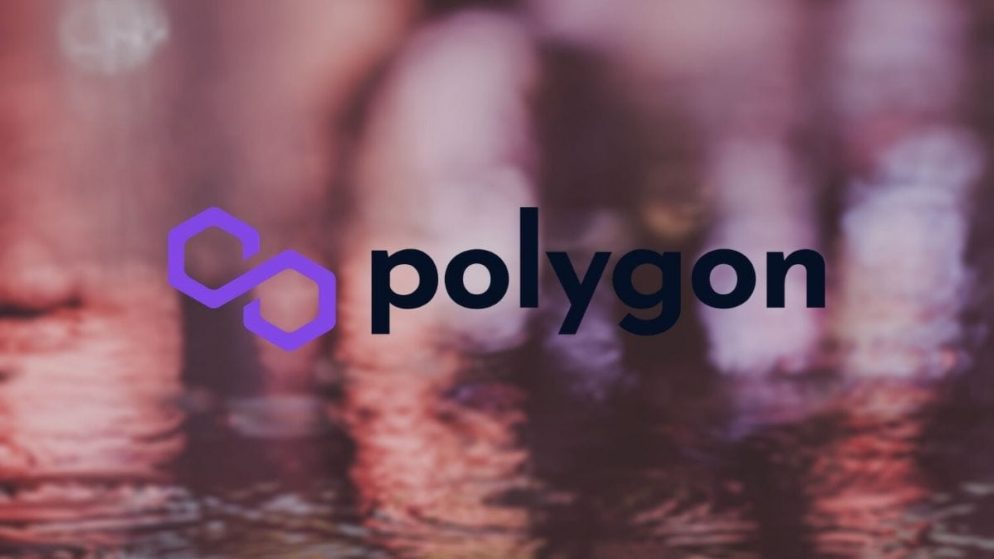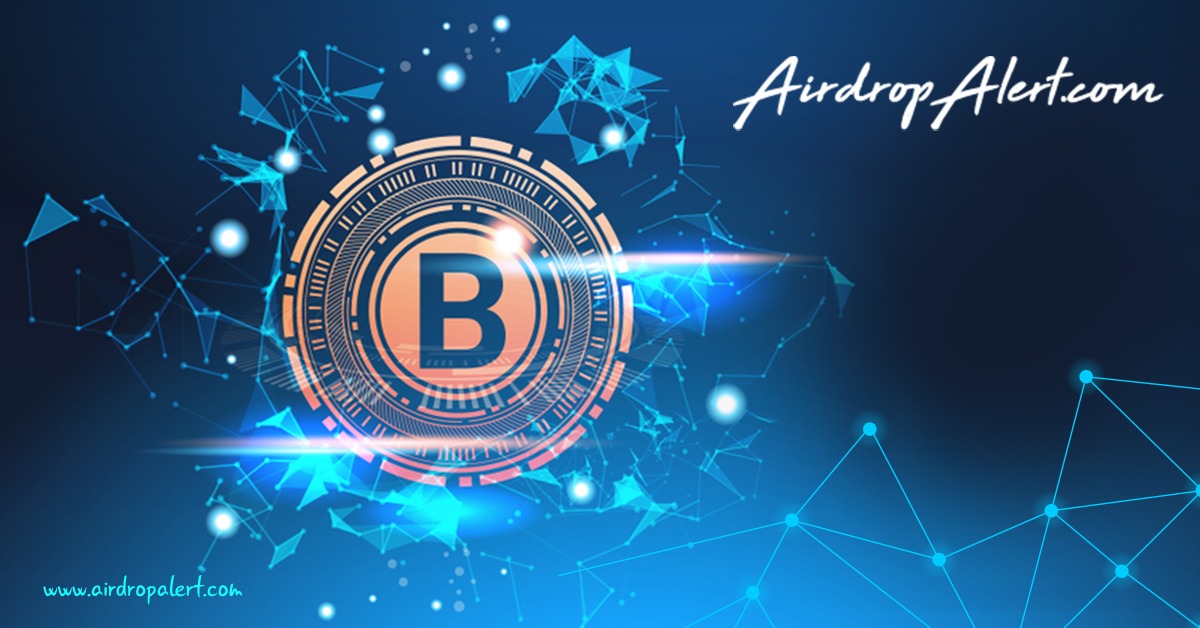

The Ethereum blockchain is also witnessing a flurry of activities to build dApps and other DeFi protocols. But the exorbitant transaction fees, network congestion, and slow block finality is hindering its growth. Although Ethereum 2.0 is coming soon, it is still a few months away. To solve Ethereum’s scalability issues, crypto users are now turning to Polygon.
What is Polygon?
Polygon is a Layer-2 (L2) interoperable scaling solution that provides the framework and infrastructure to build and connect Ethereum-compatible blockchains. While Ethereum functions with 15 TPS (Transactions per Second), Polygon can achieve a remarkable 65K TPS. Moreover, with near-instantaneous block finality of fewer than 2 seconds, the L2 solution significantly reduces gas costs.
Two blockchain programmers working with Ethereum, Jaynti Kanani and Sandeep Nailwal, and a business consultant, Anurag Arjun, co-founded Polygon in 2017. Mihailo Bjelic was also part of the foundational team.
Formerly known as Matic Network, the developers renamed it Polygon in February 2021 to represent the geometric shape. The name suggests that the network creates a web of blockchains that can interact and exchange data.
The Polygon architecture comprises Standalone sidechains and Enterprise chains. They use the following methods to scale up operations:
- Polygon Plasma: It puts all transaction history into a bundle of blocks and records them on Ethereum in a one-time submission.
- ZK Rollups: It bundles up multiple token transfers into a single transaction data.
- Optimistic Rollups: This helps with improving the scaling capabilities of Ethereum smart contracts.
Polygon operates in a way that directly competes with other networks like Polkadot, Cosmos, and Avalanche. All these networks aim at improving scalability and interoperability among blockchains, albeit using different architecture.
Polygon’s security is based on a Proof-of-Stake (PoS) consensus mechanism. The network’s token holders stake their tokens to work as network validators and governance actors. But what is this network token?
The Polygon Token
Polygon’s network token is still called MATIC even after its rebranding. The token is used to pay for network transactions and gas. At the time of writing, MATIC is trading at $1.28 with a market cap of $8.5 billion. The token has a maximum supply of 10 billion coins, but only 4.8 billion MATIC tokens are currently in circulation. MATIC reached its all-time high price of $2.68 on May 18, 2021.
Polygon’s Roadmap
Although Polygon was conceptualized in 2017, the mainnet network went live only in 2020. In the meantime, the project developers sold 1.9 billion MATIC tokens in just 20 days to raise $5.6 million. Apart from functioning as a cross-chain payments platform, Polygon plans to build a lending platform in partnership with Dharma Protocol. It also hosts DEXs like Quickswap, Dfyn, Curve, etc. Click here to check Matic’s roadmap.
Polygon’s high transaction speed and network frequency make it ideal for blockchain gaming. A series of NFT projects are also coming up on this L2 blockchain.
Polygon NFTs
Since minting and gas are very cheap on Polygon, trading NFT card games is no more a financial burden. However, since anyone can mint cheap NFTs on Polygon, beware of NFT scams. Many NFT platforms like Aavegotchi, Neon District, Zed Run, etc., have used the Polygon protocol to scale their projects.
One of the most popular NFT series on Polygon is the PolygonPunks. Each of the 10K algorithmically generated characters in the series is unique with rare attributes. This NFT project is directly inspired by CryptoPunks but with an affordable floor price. At the time of writing, 1.6K people own PolygonPunks with 63.1 ETH total volume traded on OpenSea.
Polygon Airdrops
If you wish to get your hands on some free MATIC tokens, don’t forget to participate in the following airdrops:
Xend Finance
Polygon is collaborating with Xend Finance, a DeFi platform for Credit Unions and individual users. The airdrop is worth $500 in MATIC for 20 lucky winners. Follow the steps here to participate.
Poly Treasure
Poly Treasure is a DeFi project for staking cryptos and farming the native TRZ tokens to earn ETH and BTC. 5 lucky participants who stake at least $100 in the liquidity pools will get 100 MATIC coins. Click here to know more about the airdrop.
DexPolygon
DexPolygon is a DeFi project to tokenize your business assets and get investors on board. The airdrop is worth 1 million $DPOLY, the network’s governance token. Click here for more details.
The Future Of Polygon
Polygon offers the much-needed solution in solving Ethereum’s scalability issues once and for all. Analysts have predicted that MATIC will grow consistently to reach $4 by 2025. Overall, Polygon is all set for a bright future ahead. And as always, Airdrop Alert is here to keep you updated about this evolution, so follow us for more.





